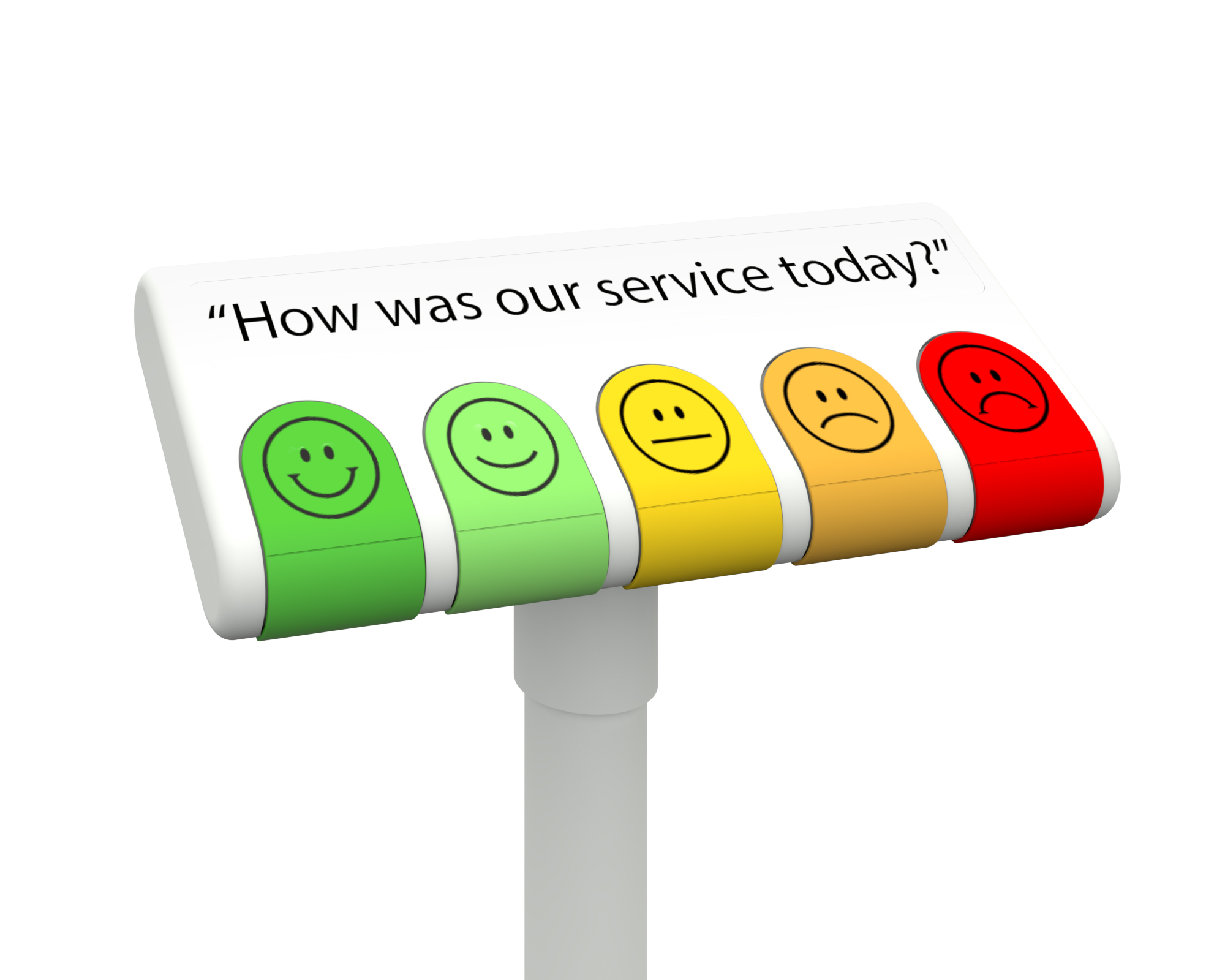
Geographical Focus: Europe, Worldwide
Categories:
End node (sensors or other devices), Hardware, Services, System integrators
Commercial Contact:
Technical Contact:
IMBuildings B.V.
Verticals:
Read the latest Beecham Research report: Leveraging LoRaWAN® for Smart Cities. Download Now


IMBuildings B.V.






IMBuildings B.V.






IMBuildings B.V.






IMBuildings B.V.
Something false on this page? Report